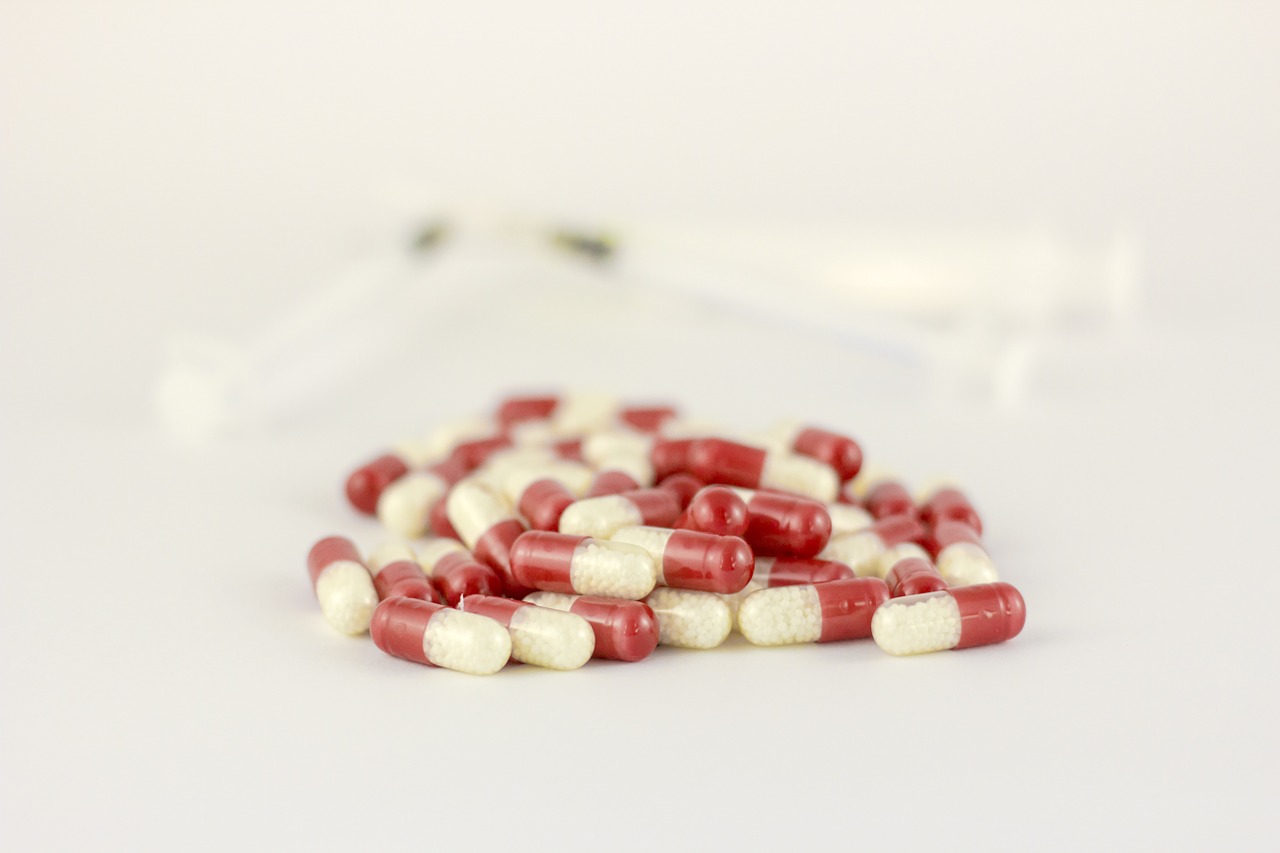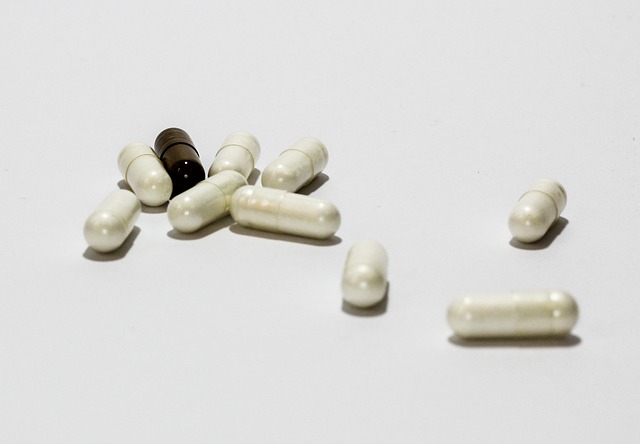Podcast: Play in new window | Download (Duration: 16:28 — 7.5MB) | Embed
NSAIDs can reduce the effectiveness of antihypertensive medications such as ACE inhibitors, ARBs, beta-blockers, and diuretics by promoting sodium and water retention and decreasing renal blood flow.
Combining NSAIDs with anticoagulants or antiplatelet agents like warfarin or aspirin significantly increases the risk of gastrointestinal bleeding, due to additive effects on platelet inhibition and mucosal irritation.
NSAIDs can elevate lithium levels and increase the risk of toxicity, as they reduce renal clearance of lithium by decreasing renal perfusion.
Co-administration of NSAIDs with methotrexate can impair methotrexate elimination, leading to elevated levels and potential toxicity, especially at high methotrexate doses.
When NSAIDs are used with corticosteroids, the risk of gastrointestinal ulcers and bleeding is greatly amplified due to synergistic impairment of gastric mucosal protection.
Be sure to check out our free Top 200 study guide – a 31 page PDF that is yours for FREE!
Support The Podcast and Check Out These Amazing Resources!
Meded101 Guide to Nursing Pharmacology (Amazon Highly Rated)
Guide to Drug Food Interactions (Amazon Best Seller)

